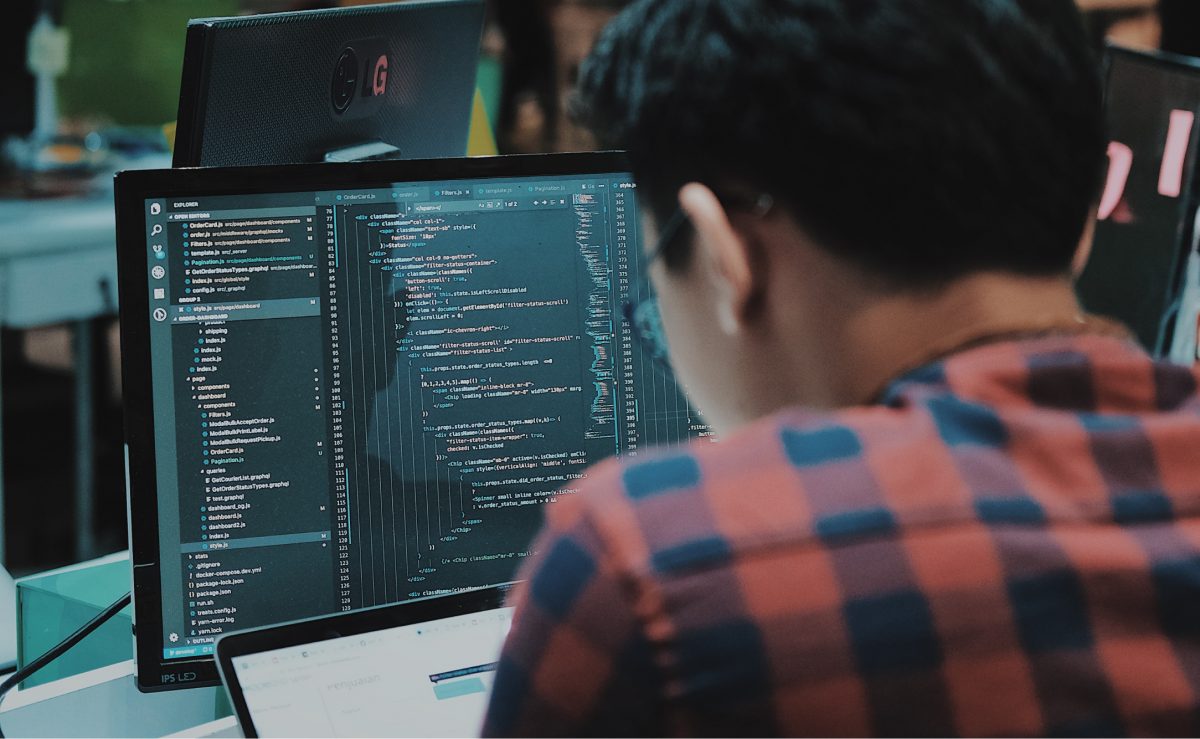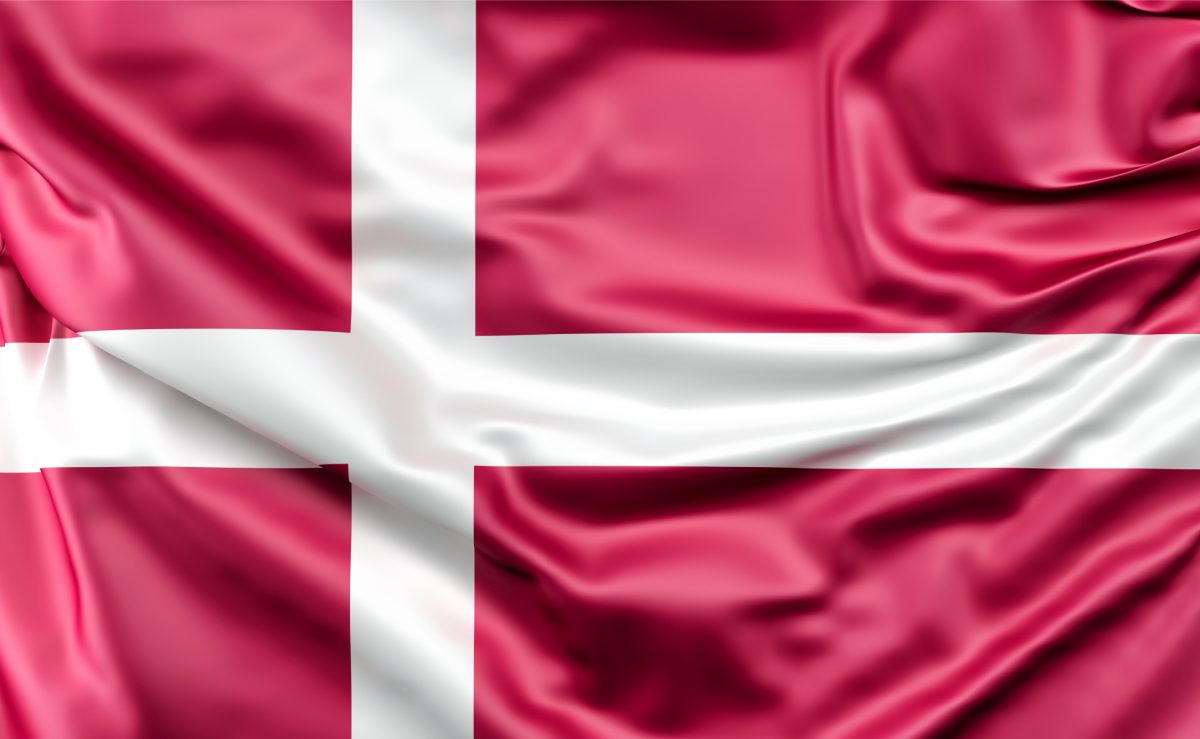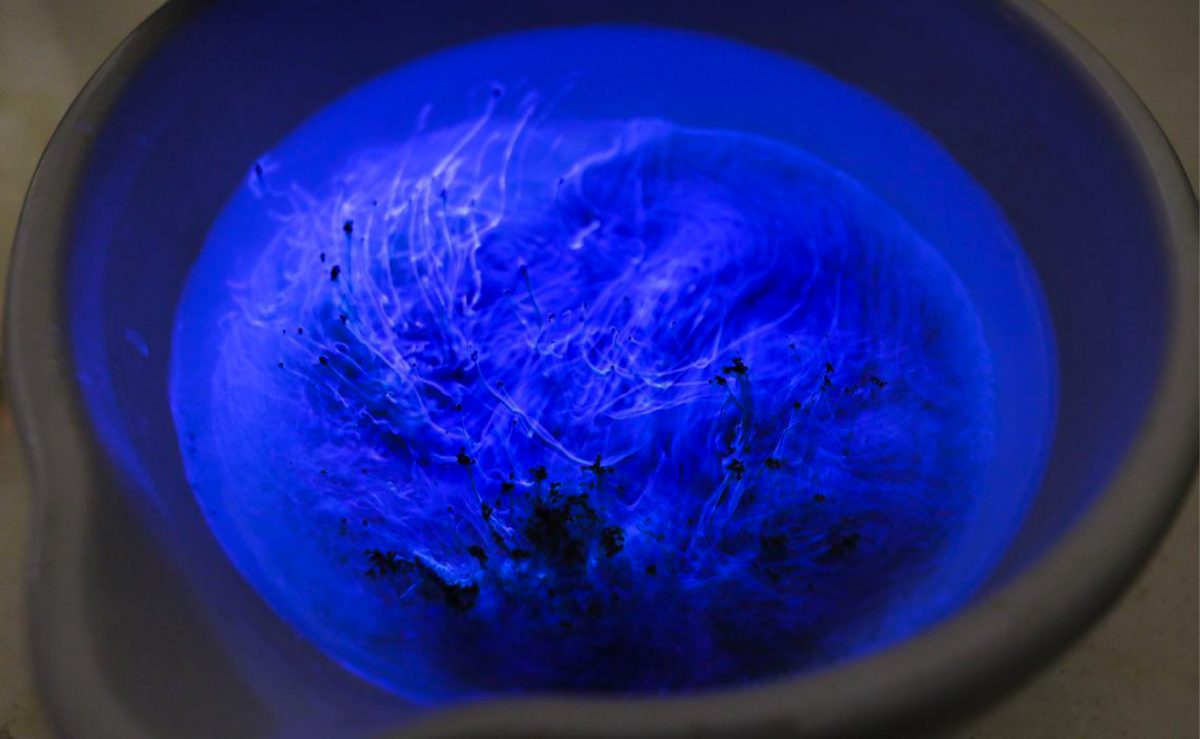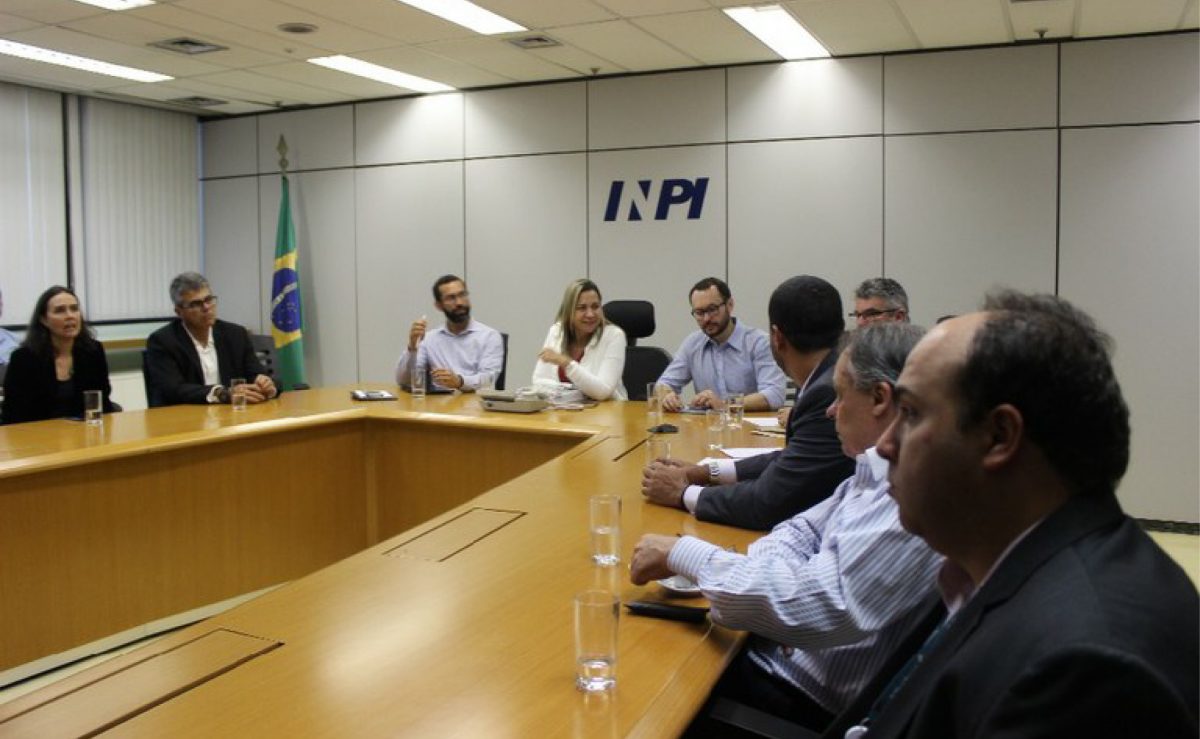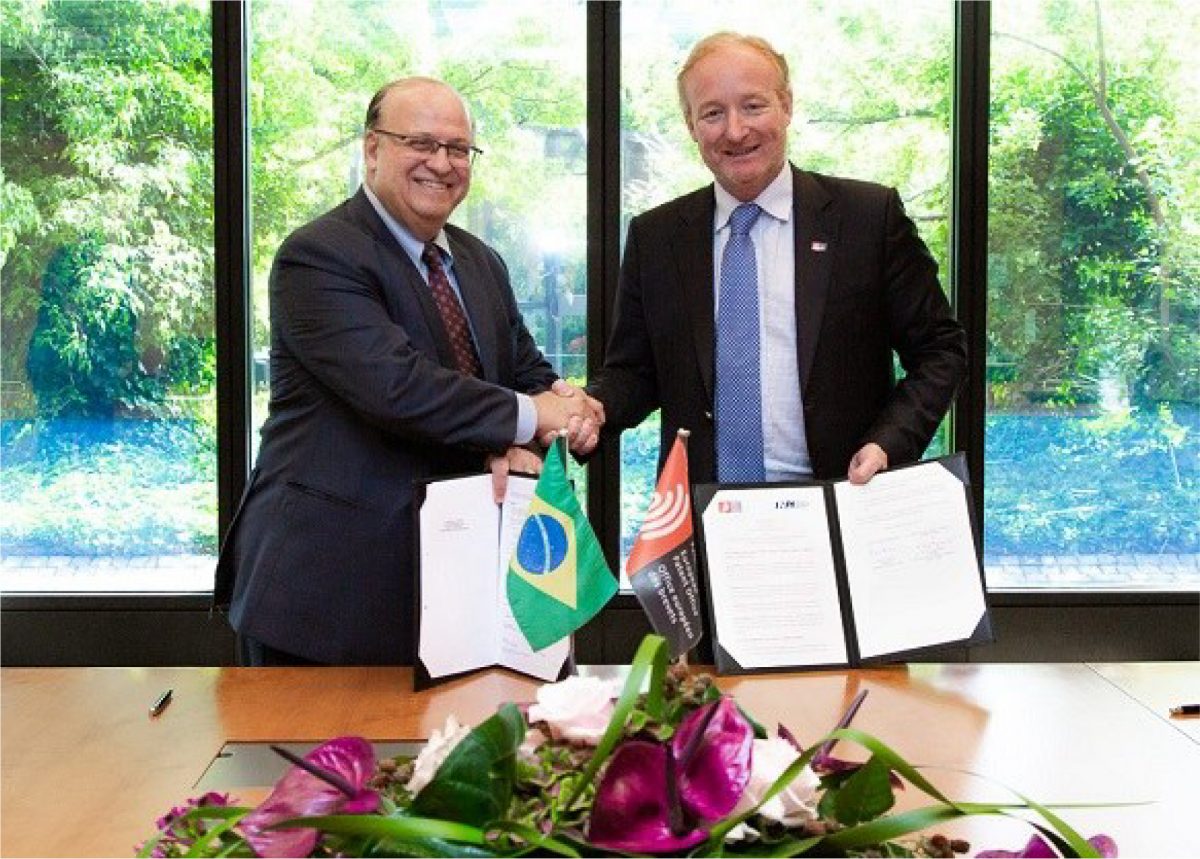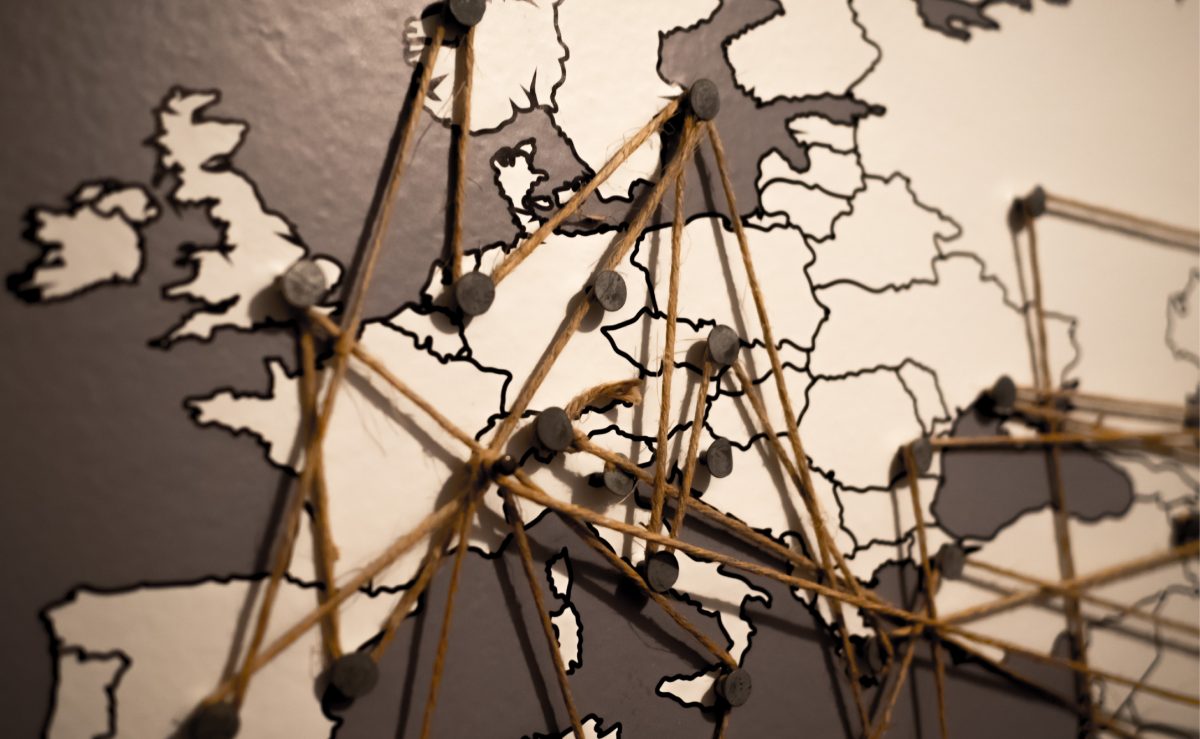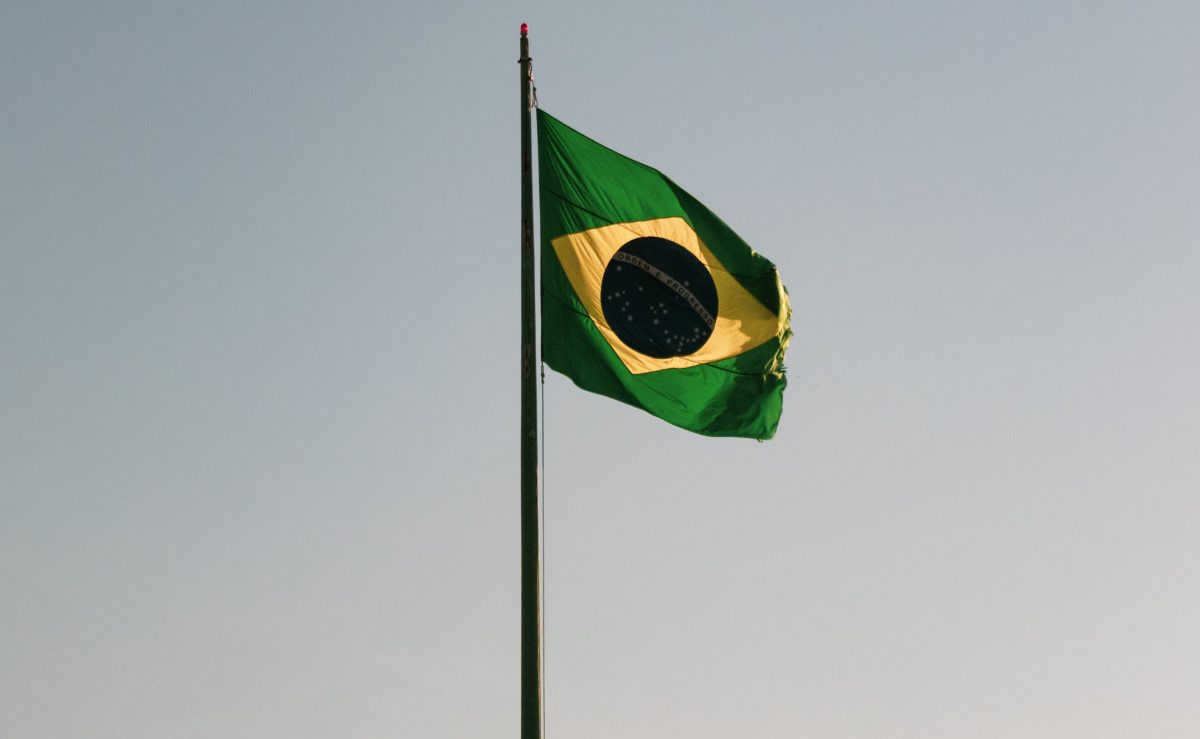The agreement between Mercosur and the European Union, signed at the end of June, may be the beginning of a series of new international trade treaties involving Brazil. The special secretary of Foreign Trade and International Affairs, Marcos Troyjo, recently reported that new agreements, with other countries and blocs, are under negotiation.
The countries involved are the United States, Japan, South Korea and Efta, a bloc of countries comprising Switzerland, Iceland, Norway, and Liechtenstein. This block is not part of the European Union. For Troyjo, the agreement with the European Union brings a “new model of economic development and international insertion” for Brazil.
Speech aligned with that of the Foreign Minister, Ernesto Araújo, who also stressed the new vision of “international insertion” of the country. “This agreement [Mercosur-EU] unlocks and accelerates other negotiations, we intend very soon to close new agreements. I think we have the condition to close two more agreements this semester, at least”, the foreign minister said at a press conference.
He added Singapore to the list of ongoing negotiations. The minister believes that over a two-year period, the government will create a “very dense network of trade agreements with major economies, technological hubs”.
Currently, Mercosur has two free trade agreements signed with Egypt and Israel. The two already validated by Brazilian presidential decrees. Brazil has signed a free trade agreement with Chile, but the process has not yet begun. International agreements before they come into force need congressional endorsement.
According to the technical area of the Ministry of Economy and Foreign Trade, “there is great interest in closer economic-trade ties with Japan and the United States, but there is no negotiation of a trade agreement in progress at this time”, despite what the minister said and the special secretary. All agreements under negotiation are via Mercosur.
Impact
The agreements cover several areas ranging from trade in goods and services to intellectual property, according to the ministry. Among the impacts, it is expected that, as of the closing of the agreements, it will be possible to “eliminate import tariffs for substantially all trade between the parties and reduce non-tariff barriers, generating additional increases to the Brazilian GDP.”
Countries under negotiation:
United States
- GDP: US $ 21.06 trillion (first quarter of 2019)
- Population: 329.2 million
- Income per capita: US $ 59,800 (2017)
- 1st world economy
Brazil intends to take advantage of the timeframe of the Trade Promotion Authority – a document that the US Congress grants the Executive to negotiate international agreements, valid until July 2021 – to accelerate negotiations with the United States, said Marcos Troyjo, in an interview with the BBC Brazil.
Japan
- GDP: $ 4,873 trillion (2017)
- Population: 126.1 million (July / 2018)
- Income per capita: US $ 42,900 (2017)
- 3rd world economy
South Korea
- GDP: US $ 1.54 trillion (2017)
- Population: 51.4 million (July / 2018)
- Income per capita: US $ 39,500 (2017)
- 11th world economy
Negotiations on an agreement between Mercosur and South Korea began in May 2018 and are in the initial phase. Two rounds of negotiations were held.
Canada
- GDP: $ 1,653 trillion (2017)
- Population: 35.8 million (July / 2018)
- Income per capita: US $ 48,400 (2017)
- 10th world economy
According to the Ministry of Economy and Foreign Trade, negotiations for this agreement were announced on March 9, 2018, in Asuncion, Paraguay. The negotiations are advanced. Six negotiating rounds have already been held – the most recent in June this year.
Singapore
- GDP: US $ 323.9 billion (2017)
- Population: 5.9 million (July / 2018)
- Income per capita: US $ 94,100 (2017)
- 35th world economy
A round of negotiations was held with the country and the expectation of completion is 2020, according to the ministry.
Efta – European Free Trade Association
- Switzerland, Iceland, Norway, and Liechtenstein
- The four countries together bring together 13.7 million people
- GDP of the block: EUR 963.9 million
A Joint Declaration between the blocs was signed on January 19, 2017, to complete the exploratory dialogues on free trade. As of June this year, nine negotiation rounds have been held and some chapters of the agreement have already been finalized.
The dialogue with Efta began in December 2000, when the Joint Mercosur-EFTA Committee emerged. The bloc already has a free trade agreement with Costa Rica, Panama, Guatemala, Mexico, Chile, Colombia, Ecuador, and Peru.
Block Negotiations
-
Efta with Brazil
Imports: EUR 1,906 million
Exports: EUR 2,671 million
-
Efta with Mercosur
Imports: 2,093 million euros
Exports: 3,696 million euros
-
Efta Worldwide Businesses
Imports: EUR 255,3 million
Exports: 310.7 million euros
News from: Gazeta do Povo

